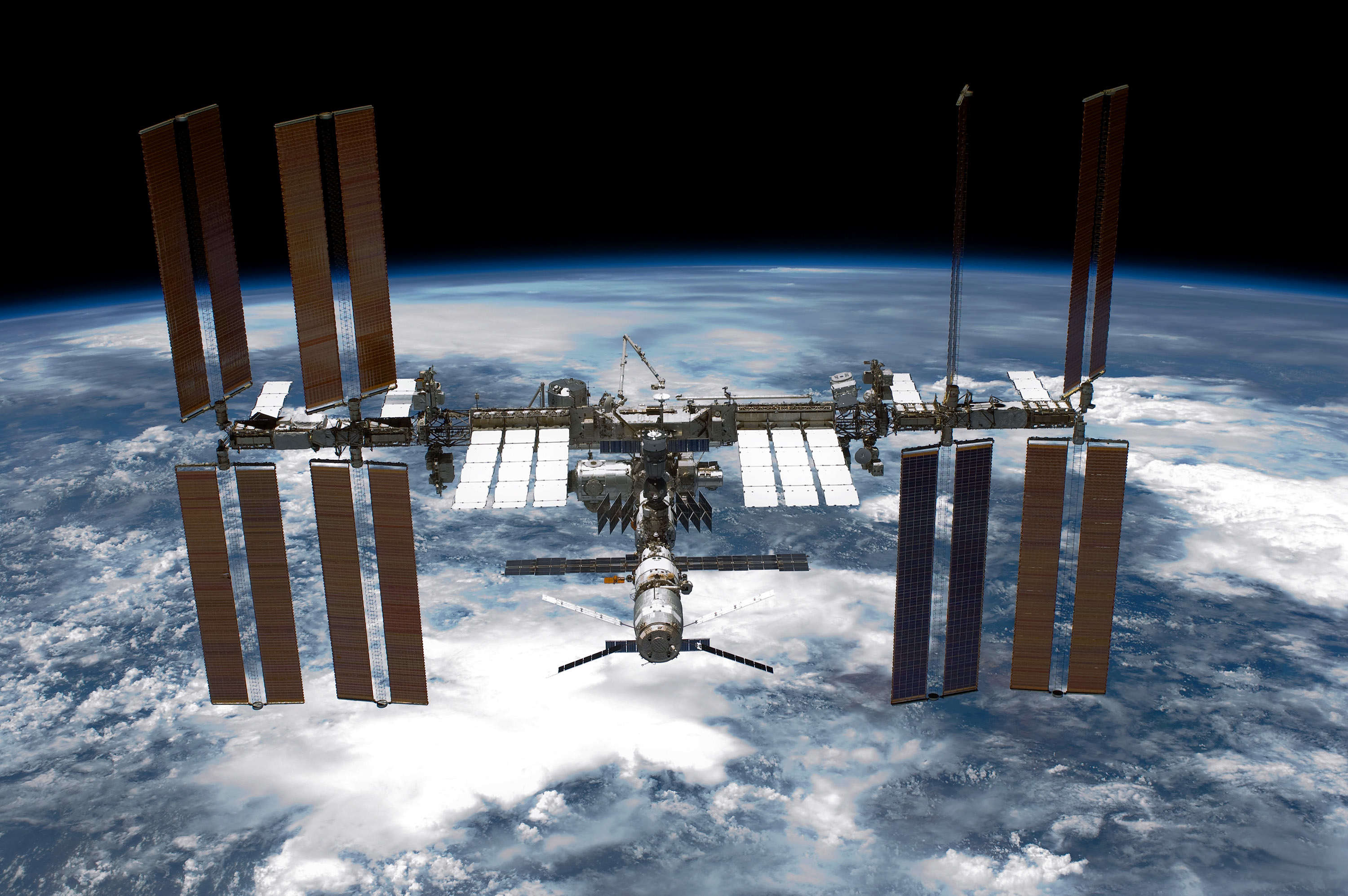Create a free profile to get unlimited access to exclusive videos, sweepstakes, and more!
NASA teams with Virgin Galactic to charter ‘private astronaut’ trips to ISS

NASA’s ongoing move toward private-public spacefaring paretnerships is taking another step — one aimed at opening the way for travelers from outside America’s space agency to suit up and blast toward the International Space Station.
NASA and Virgin Galactic announced this week a new agreement that designates the Richard Branson-owned company as a coordinator of “private astronaut” missions to the ISS, even as Virgin Galactic works to get its own commercial VSS Unity suborbital spacecraft ready for repeatable and reusable flight.
The agreement doesn’t task Virgin with using its own VSS Unity vessel as a future transport craft for commercial passengers to ISS; rather, it simply relies on the company to line up ISS trips for private-sector crew members and research endeavors that fall outside NASA’s purview. Or, to put it in simpler terms, it designates Virgin Galactic as the world’s first commercial space travel agency.
According to Virgin Galactic, the deal — announced as the “Space Act Agreement” with NASA’s Johnson Space Center — will “encourage commercial participation in orbital human spaceflight to the International Space Station (‘ISS’) while enabling the development of a robust economy in Low Earth Orbit.” The agreement clears Virgin to develop a new “readiness program,” essentially a pipeline of non-NASA space suitors, for “identifying candidates interested in purchasing private astronaut missions to the ISS, the procurement of transportation to the ISS,” and the resources needed to support the trips.
While the larger goal is to aid NASA in fulfilling its ISS research obligations to its international partners, the agreement marks another milestone in NASA’s long-term strategy of relying on private companies to broaden the scope of all its orbital activities. The agency recently struck partnerships with three private companies (including SpaceX) to develop prototype crew capsules for its planned Artemis lunar mission, and successfully sent two of its astronauts to ISS late last month aboard a SpaceX Crew Dragon capsule.
In terms of Virgin Galactic’s in-house technology, the company’s space aspirations have remained limited to suborbital “edge of space” travel, and its much-buzzed $250,000 per-passenger space tourism business model still has a way to go before taking off. The VSS Unity spaceplane held its first successful manned flight last year, sending pilots Dave Mackay and Michael "Sooch" Masucci, along with astronaut instructor Beth Moses, nearly 56 miles above Earth while deploying a number of NASA research payloads.
Branson himself missed a planned firsthand trip aboard VSS Unity, one originally intended to coincide with last year’s 50th anniversary celebration of the Apollo 11 moon landing. But (via Observer), Virgin Galactic already has indicated he’ll be making another attempt this year.


























